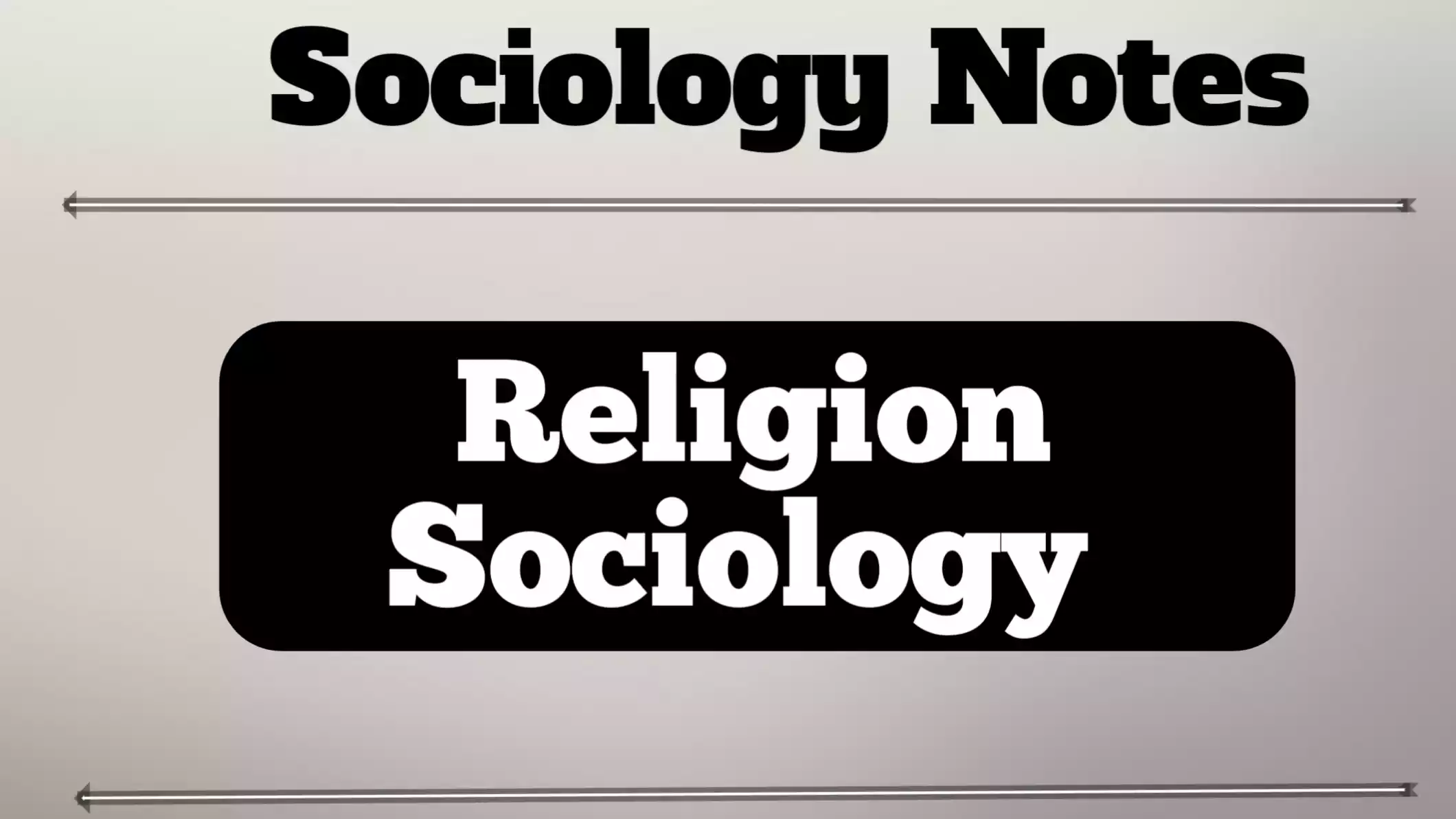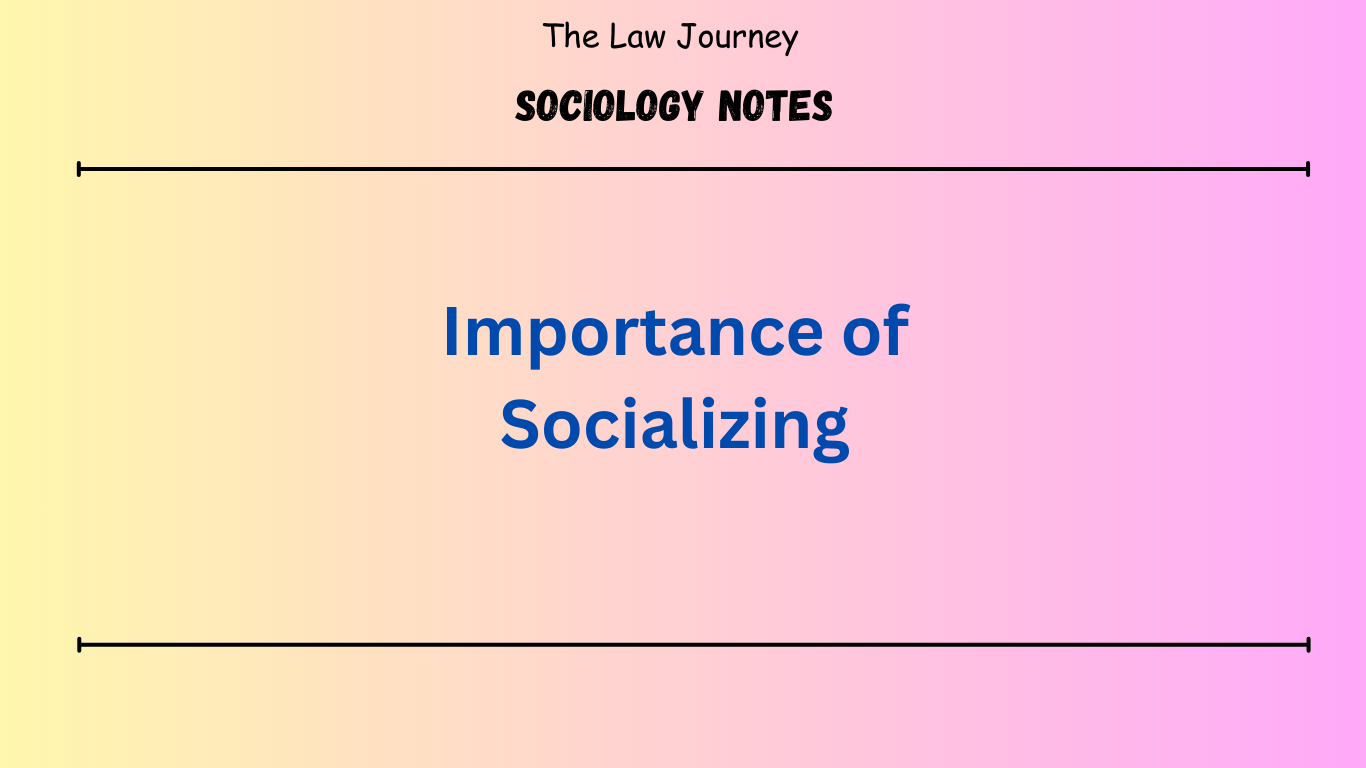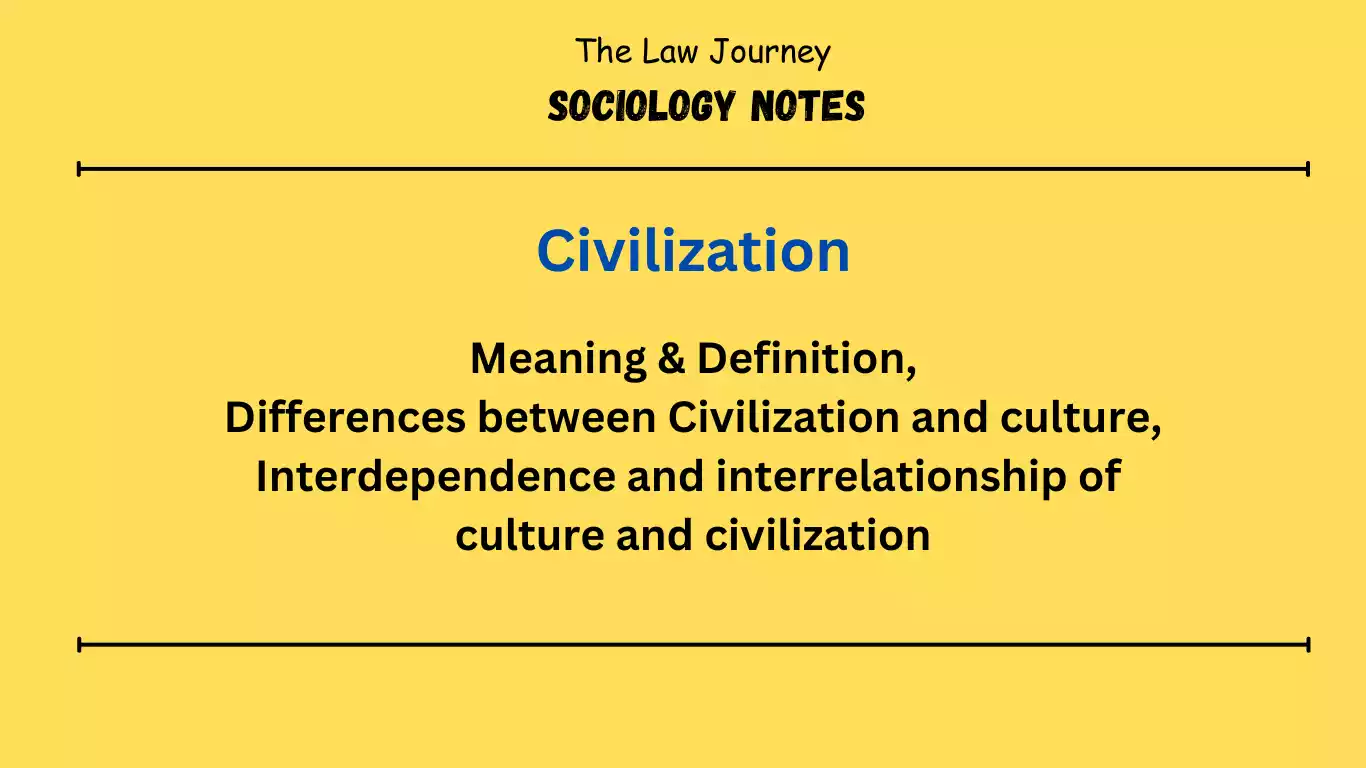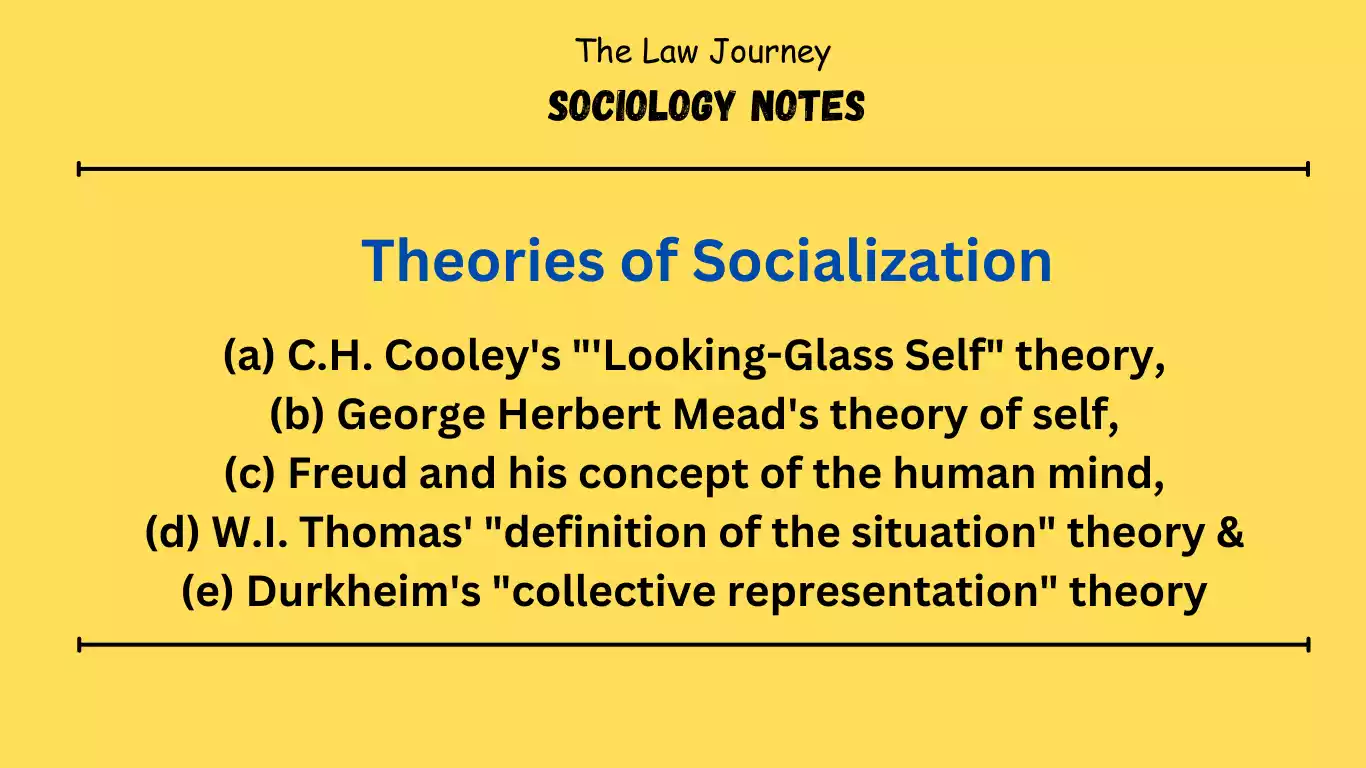Religion Sociology – The phenomenon of religion has attracted the attention of sociologists because it is of great importance to humans. No society is free from the influence of religion. In established societies, religion is one of the most important institutional structures of the entire social system.
Currently, a special branch of sociology has emerged that analyzes men’s religious behavior from a sociological perspective. “Sociology of religion is but one aspect of the study of the relationship between the ideas and ideals embodied in movements and institutions and the social conditions of their origin, development, prosperity, and decline.”
Thomas F. O’Dea Early sociology of religion research had three distinctive methodological characteristics: evolutionary, positivist, and psychological. Examples: Works by Comte, Tyler, and Spencer. However, Emile Durkheim took a different approach to the study of religion in his 1912 book The Elementary Forms of Religious Life. He argued that in all societies there is a distinction between the sacred” and theprofane.” He emphasized the collective aspect of religion. He believed that the role of religious rituals was to reaffirm the moral superiority of society over its individual members, thereby maintaining social cohesion. Durkheim’s emphasis on ritual over belief influenced many later anthropologists to undertake functionalist studies of religion.
When studying religion in civilized societies, Durkheim’s theory turns out to be of little use. Here, religion can not only unite people, but also divide them. In modern society, beliefs and teachings are more important than rituals. This is where the sociology of religion differs from anthropology. It is more influenced by the ethical teachings of world religions. This approach can be seen in the work of L.T. Observe, Hobhouse and Max Weber. (Religion Sociology)
When Hobhouse discussed religion in his major book, Morality in Evolution (1907), he gave more weight to the moral codes of the major religions, especially Christianity.
Max Weber’s treatment of religious beliefs differs in important ways. First, it is not based on evolutionary theory. Secondly, it mainly deals with his one major aspect of religious ethics. In other words, he wanted to examine the influence of specific religious teachings on economic behavior. and the relationship between a group’s position in the economic order and types of religious beliefs. He is not very interested in the teaching of ethics per se.
His famous work The Protestant Ethic and the Spirit of Capitalism” is an example of such an approach. Comparatively, nothing has been added to the theoretical development of the sociology of religion since the work of Weber and Durkheim. (Religion Sociology)
Weber’s influence contributed to his two main areas of research.
(i) the characteristics, doctrine, and social significance of religious sects; and
(ii) the relationship between social classes and religious sects. Examples of Weber’s influence include Ernst Troeltsch’s The Social Teaching of the Christian Church, 1912, H.R. Niebuhr’s The Social Sources of Sectarianism, 1929, and Brian Wilson’s Sect and Society. , 1961. Sociology of religion attempts to explain religion scientifically.
Kingsley Davis says : This task is not easy. No social phenomenon is more resistant to scientific explanation than religion.” He attributes this to two factors. The first is emotional bias, and his second is “rational bias.” “Emotional prejudice stems from the fact that religion inherently contains the highest values, so it is almost impossible to view religion with an indifferent attitude.” “Rational prejudice ‘ would also cause problems. Religions with transcendental goals, strong emotions, deep-seated beliefs, and symbolic means may seem deceptive to “rationalists.”
He could simply attribute religion to ignorance and error, and postulate that once these were eliminated a fully “rational” human being would emerge. Some people believe that religion is an expression of instinctive emotions. These views are equally false. “The irrationality of religious behavior is what gives religion its vitality in human life.” (Religion Sociology)
Related Post | Religion Sociology
- Concept of Social Groups in Sociology
- Law of Torts notes
- RTI notes
- Political Notes
- Legal History Notes
- law project maker
- moot court memorial maker
Reference Books | Religion Sociology
- C.N. Shankar Rao – Principle of sociology with an introduction to social thoughts
- Introduction to Sociology by Anthony Giddens
- A Dictionary of Sociology by John Scott
- Sociological Theory by George Ritzer
- Handbook of Indian Sociology by Veena Das
- Social Change in Modern India by M N Srinivas

















